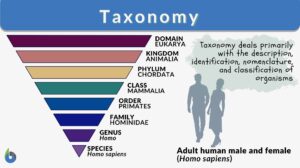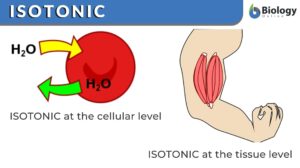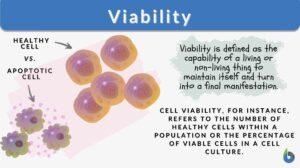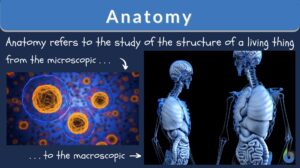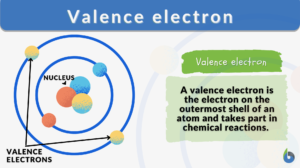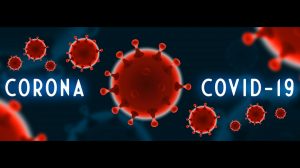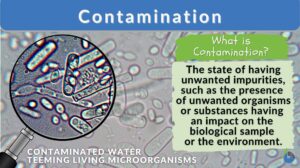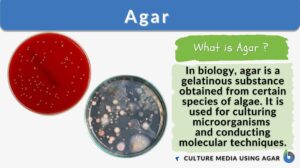Search Results for: scientific method
Hypothesis
What Is Hypothesis? A scientific hypothesis is a foundational element of the scientific method. It's a testable statement... Read More
Scientific method
Definition noun A systematic approach to solving a problem by discovering knowledge, investigating a phenomenon, verifying... Read More
Null hypothesis
Null Hypothesis Definition Null hypothesis is defined as “the commonly accepted fact (such as the sky is blue) and... Read More
Protoscience
Definition noun (1) An unscientific field of study which later becomes a science. (2) A field of study that has not yet been... Read More
Parthenogenesis
To reproduce, by definition, means to produce new offspring. The process is referred to as reproduction, which is one of the... Read More
SENI Biometric Analysis on the extinct Scincidae species: Macroscincus coctei (underlined)
Brian L. Schnirel Leeway Corucia Research Center (LCRC) Courtesy: Polyphemos (2004) Introduction: It has been... Read More
Mātauranga Māori and Science
By: Maria Victoria GonzagaIn the previous lesson, we learned about the various methods used in measuring... Read More
Phylogenetics
Phylogenetics Definition Phylogenetics is the scientific study of phylogeny. It studies evolutionary relationships among... Read More
Imprinting
What does imprinting mean? Have you watched the TV cartoon show “Tom and Jerry” with an episode of a duck and its... Read More
Nucleosome
Nucleosome Definition Every organism is made of deoxyribonucleic acid, also known as DNA. DNA is made up of numerous... Read More
Valence electron
What are valence electrons? Why are they significant? Valence electrons definition in chemistry: The electrons in an atom's... Read More
coronavirus COVID-19
Coronavirus Disease 2019 (COVID-19) Coronavirus Disease 2019 (COVID-19) is a contagious coronavirus disease first detected... Read More
Glycolysis
What is Glycolysis and Why is it Important? Glycolysis is a metabolic pathway by which the 6-carbon molecule of glucose is... Read More
Contamination
Contamination Definition Contamination, sometimes interchanged with pollution, is the existence of live things or... Read More
Hypertonic
Hypertonic Definition Hypertonic is a term used to describe an entity being in the state of hypertonicity, where there is a... Read More
Blood Vessels Hold Key To Thicker Hair Growth
MGH researchers have succeeded in growing hair faster and thicker in mice, thanks to a protein that promotes blood vessel... Read More
Theory of Neuroscience
Nezih OKTAR Journal of Neurological Sciences (Turkish) 2006, Volume 23, Number 3, Page(s) 155-158. An Open Access... Read More




![Biology n., [baɪˈɑlədʒi] Definition: scientific study of life](https://www.biologyonline.com/wp-content/uploads/2021/12/biology-definition-and-branches-of-biology-300x168.jpg)

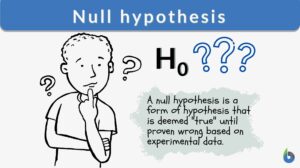

![Botany n., [ˈbɑt.ə.ni/] botany definition and example](https://www.biologyonline.com/wp-content/uploads/2019/10/botany-definition-and-example-300x168.jpg)
